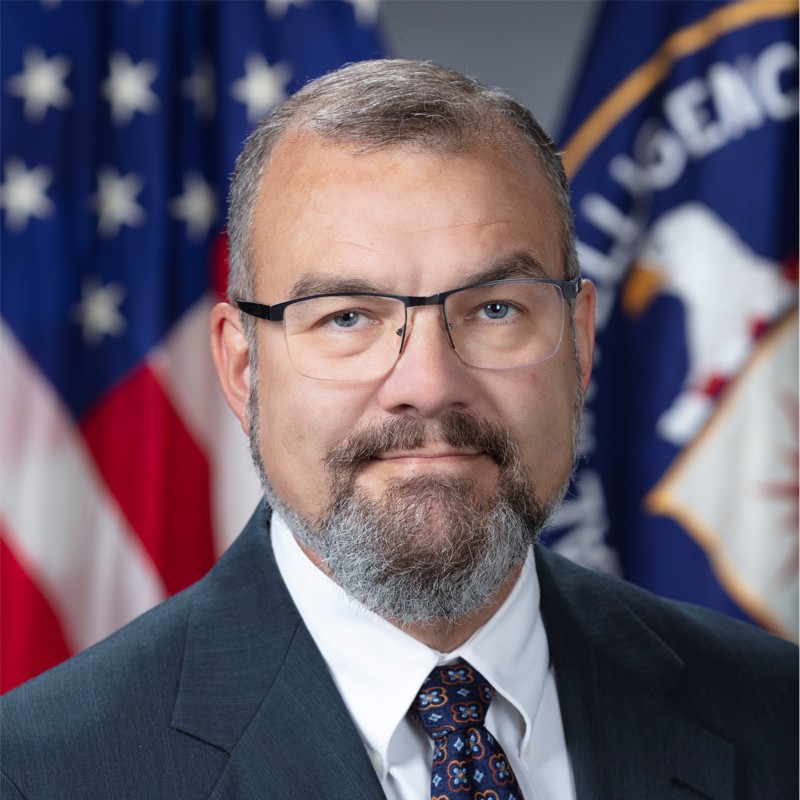The Critical Role of Cybersecurity in Modern Organizations
August 28, 2024
Safeguarding your company’s assets and understanding the importance of cybersecurity is vital.
Cybersecurity has emerged as a cornerstone of organizational stability and success in today's rapidly evolving digital landscape. As online threats grow in sophistication and frequency, a robust, proactive cybersecurity strategy becomes increasingly critical.
Growing threats in the cyber landscape
The cyber threat landscape is becoming more complex, with attackers employing increasingly sophisticated methods to breach systems. According to a report by Cybersecurity Ventures, global cybercrime costs are expected to reach $10.5 trillion annually by 2025, up from $3 trillion in 2015. This staggering growth highlights the urgent need for organizations to bolster their cybersecurity defenses.
Some of the most prevalent cyber threats include:
- Ransomware Attacks: These have grown exponentially, with 68% of organizations experiencing some form of ransomware attack in the past year.
- Phishing Scams: Cybersecurity firm Proofpoint reports that 83% of organizations faced a successful phishing attack in 2023, leading to financial losses and data breaches.
- Insider Threats: Whether malicious or accidental, insiders pose a significant risk. The Ponemon Institute’s 2023 Cost of Insider Threats report found that insider-related incidents increased by 47% over the last two years.
Impact of online threats on businesses and public sector entities
Cyber threats can have devastating consequences for organizations in the private and public sectors.
For businesses, a successful cyberattack can lead to significant financial losses, reputational damage, and regulatory penalties. According to IBM's Cost of a Data Breach Report, the average cost of a data breach in 2023 was $4.45 million. For public sector entities, the consequences are even more severe, leading to the compromise of sensitive information, disruption of critical services, and a loss of public trust.
- Financial Losses: Direct costs such as ransoms, legal fees, and the cost of repairing systems, as well as indirect costs like lost revenue, can be overwhelming for any organization.
- Reputational Damage: Trust is hard to earn and easy to lose. A cyberattack can tarnish an organization’s reputation, losing customers, partnerships, and opportunities.
- Regulatory Penalties: Organizations that fail to comply with cybersecurity regulations may face steep fines and legal consequences. In 2023, data protection authorities worldwide levied nearly $3 billion in GDPR fines.
Common cybersecurity challenges faced by organizations
Despite the growing awareness of cyber threats, organizations often face several challenges in implementing effective cybersecurity measures:
- Resource Constraints: Many organizations need more budgets and staffing, making investing in the necessary cybersecurity tools and personnel difficult.
- Rapid Technological Advancements: As technology evolves, so do cybercriminals' methods. Keeping up with these changes can be challenging for organizations without dedicated cybersecurity teams.
- Employee Awareness: Human error remains one of the most significant vulnerabilities. A lack of cybersecurity training can leave employees ill-prepared to recognize and respond to threats.
- Complex Regulatory Environment: Organizations must navigate a complex web of cybersecurity regulations and standards, varying significantly depending on the industry and region.
Importance of a proactive cybersecurity approach
A proactive approach to cybersecurity is essential in the face of these challenges. Reactive measures are no longer sufficient; organizations must anticipate potential threats and take steps to mitigate them before they cause harm.
- Regular Risk Assessments: Conducting regular risk assessments helps identify vulnerabilities and prioritize them based on their potential impact. This allows organizations to allocate resources more effectively and address the most critical threats first.
- Employee Training and Awareness: Investing in employee training programs can significantly reduce the risk of human error. According to the Verizon Data Breach Investigations Report, 85% of breaches involve some human element, making employee education a crucial aspect of cybersecurity.
- Implementing Advanced Security Measures: Organizations should consider implementing advanced security measures, such as multi-factor authentication (MFA), encryption, and intrusion detection systems (IDS), to safeguard their data and systems.
- Incident Response Planning: Developing and regularly updating an incident response plan ensures the organization is prepared to respond quickly and effectively to cyber threats. This can minimize the damage and reduce recovery time.
- Collaboration and Information Sharing: Joining industry groups and sharing threat intelligence with other organizations can enhance collective defenses against cyber threats. The Cybersecurity and Infrastructure Security Agency (CISA) provides resources for public and private sector entities to share information on threats and vulnerabilities.
In today’s interconnected world, cybersecurity is not just an IT issue – it’s a business imperative. The growing threats in the cyber landscape and their impact on both private and public sector entities make it clear that a proactive approach to cybersecurity is essential. By understanding the challenges and taking steps to address them, organizations can protect themselves from the potentially devastating consequences of cyber threats.
The time to act is now for CIOs, CTOs, and other decision-makers. Invest in your organization’s cybersecurity infrastructure, train your employees, and develop a comprehensive strategy that anticipates future threats. Learn more about Straife's cybersecurity solutions. The cost of inaction is simply too high.


Stay connected
Subscribe to receive the latest risk management news, research, and more, delivered right to your inbox.


